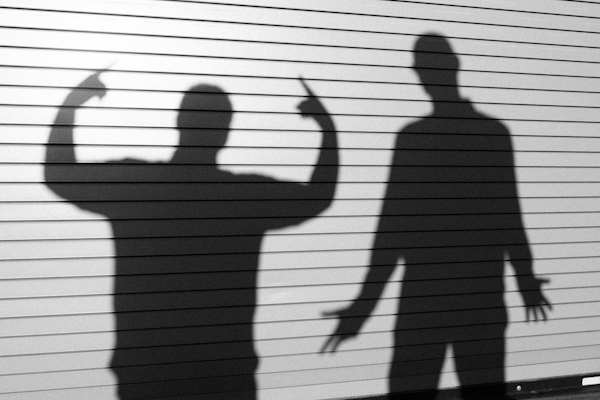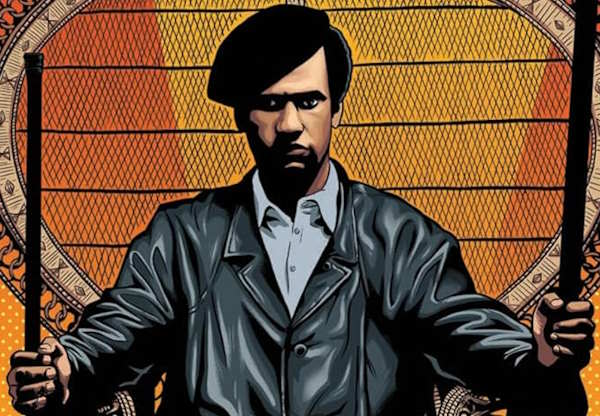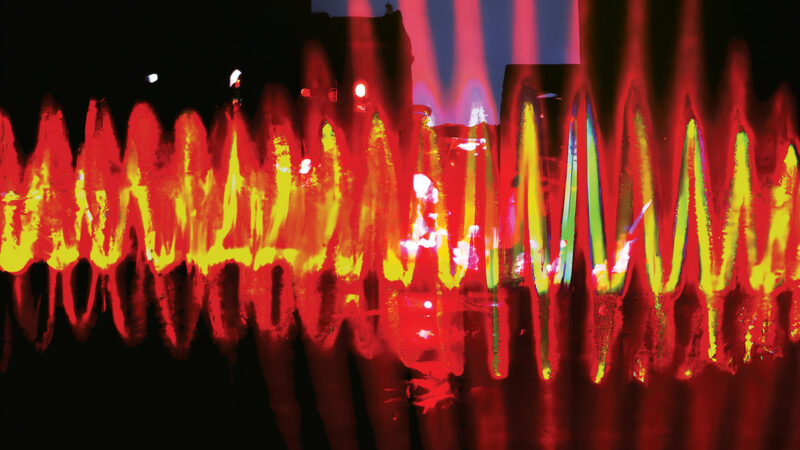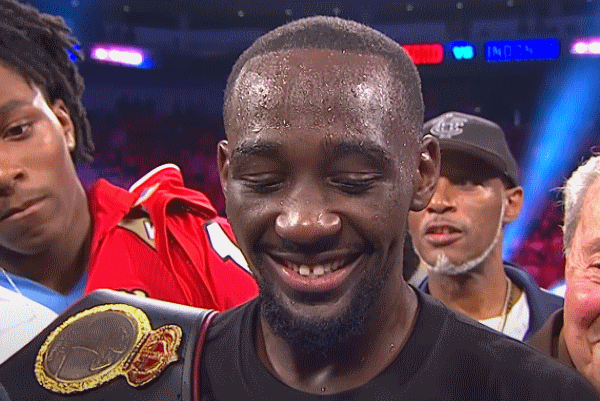By Odeisel
As often as we decry that Hip-Hop is dead or dying, soul music and R&B is wearing an oxygen mask with IV’s attached to its arms. The genre is saturated with minimally talented, computer-assisted dancers and entertainers who lack the nuance and understanding of soul and the conveyance of emotion to effectively deliver product that legitimately reflects the souls of Black folk. John Legend is one of the very few mainstream practitioners with the talent and moxie to deliver such a package and his latest album, Love In The Future is an album that captures the sound and the fury of love on the rise and the myriad angles of a young relationship.
Love In The Future is John Legend’s attempt at crafting a mid 70’s Stevie Wonder album and I mean that in the most flattering way possible. There is layered musicality, varied speeds and rhythms and elements of genres past and present bent to Legend’s will. The vocal arrangements are razor-sharp and well-placed, never detracting from the overall mission and at all times complementary, from the flowery femininity of Tomorrow with its soft strings to the talk-box accented, echoed backgrounds of Dreams, both of which mirror the Wonder of Innervisions/Music Of My Mind.
Legend adds a dash of contemporary with the sophisticated hubris of Who Do We Think We Are, with frequent collaborator Rick Ross, who drops a substantial but appropriately smooth verse that reflects the urbane mentality that bubbles beneath his usually brusque exterior. The Mr. Big Stuff-inspired hook gives you one last reminder of the late, great Dwight Myers. Low end keys are cradled husky drums and succinct horns on John’s version of Anita Baker’s standard Angel, featuring Stacy Barthe. Barthe and Legend pull a Luther Vandross, playing beautifully off each other vocally to craft a rendition that stands alone and not under Baker’s enormous shadow.
The organ-driven So Gone brings back that sweet-pain soul in the vein of Otis Redding. From the background crooners to the guitar accents, the string arrangements and the light piano on the underbelly, So Gone could survive in any musical era. We Loved It, by comparison bears similarity to Seals apex, particularly on the opening hook. The track is pristinely rendered and Legend ably vacillates between his deep powerful norm and a strong falsetto. The jazzy, sublime Aim High is incredibly rich and layered in instrumentality and allegory. The upright bass is deep enough to rock you right to sleep.
There is some saccharine sentiment on this album, but it comes from a position of loving support and not the brown-nosed simping that runs rampant in modern male R&B. He’s not trying to get the girl, he’s already got her and Legend, on songs like You & I ( Nobody In The World) seeks to bolster his paramour’s self esteem and reassure her, rather than rope her in with that syrup shit.
The album does have some minute flaws. It is a bit long, and that length hurts songs like Asylum that are lyrically dense and allegorical. By itself, the song is strong but after already hearing so many emotionally charged songs, it can fatigue you. Asylum’s slow burning electric guitar and hazy atmosphere would have been well suited as the final note on a shorter album. Similarly, the following song, Caught Up is solid, but lacks the execution and sophistication that makes Love In The Future stand above its contemporaries.
Consider Love In The Future a genuflection to an era where love was more than sex, and music dealt with the legitimate life issues attached with relationships. There is optimism in this love, and not the doomed futility that permeates music like Mary J or the cynicism that poisons so many songs these days. There is love with no capes and politeness without submission and pandering to broken women. For that I tip my hat to John Legend.




![]() Out of 5
Out of 5
Follow Us on Twitter @ http://twitter.com/planetill
Follow Odeisel on Twitter @ http://twitter.com/odeisel
Join Us on the Planet Ill Facebook Group for more discussion
Follow us on Networked Blogs






